Pakistan welcomes new Syrian set-up
Pakistan finally announced a major shift in its foreign policy towards Syria
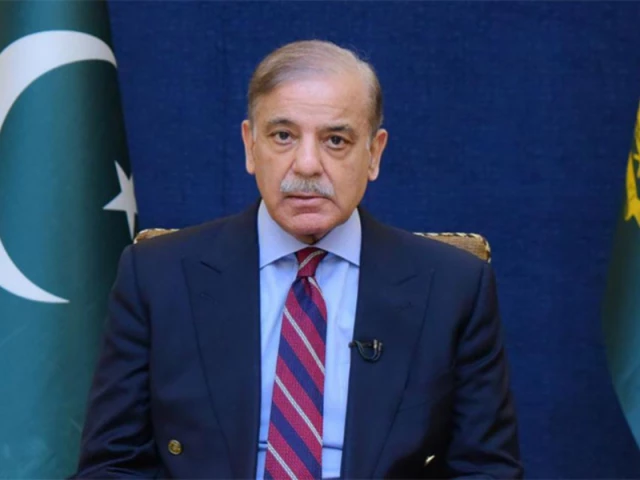
Pakistan finally announced a major shift in its foreign policy towards Syria as Prime Minister Shehbaz Sharif on Saturday welcomed the new interim President Ahmed Al-Sharaa.
This was the first formal reaction and recognition of change in Syria by Pakistan and came just days after the head of opposition group Ahmed al-Sharaa became interim President of the war-torn country.
"We welcome Mr Ahmed Al-Sharaa's assumption of office as President of the Syrian Arab Republic during the transitional phase and hope that the new leadership will be able to bring peace, progress and prosperity to the brotherly people of Syria," Prime Minister Shehbaz Sharif wrote on Xi, formerly twitter.
Ahmed Al-Sharaa became the Syrian President on Wednesday after the country's 2012 Constitution, Parliament and the Army and all other institutions were dissolved. He would continue to govern the country till the new Constitution is agreed upon.
Many Arab countries were quick to welcome him as Qatar's Amir made a surprise visit to Damascus on Saturday, becoming the first Arab leader to travel to Syria after the Assad regime fell in December.
It is believed that Pakistan decided to finally abandon the decades old policy after many of its Arab friends and Turkey, one of the main backers of the new setup, supported Al-Sharaa.
During the Syrian civil war, Pakistan had pursued a carefully balanced policy. Though outwardly maintaining neutrality, a closer examination of its policy indicates that Islamabad supported the Assad regime.
The longstanding ties between Pakistan and Syria have deep roots. Pakistani pilots once flew Syrian fighter jets during the 1967 Arab-Israeli war.
The two countries also share a history of military exchanges, with many Pakistani officers graduating from Syrian military academies and later holding high-ranking positions in Pakistan.
The historic bond explains why Pakistan refrained from siding with forces seeking to topple Assad during the Arab Spring uprising of 2011. The sudden collapse of the Assad regime come as a shock, not just for the global community but also for Pakistan.
Previously, the FO, while supporting the territorial integrity and sovereignty of Syria, did not explicitly back the opposition led by Hayat Tahrir al-Sham (HTS).
HTS was once known as Nusrat Front, a group affiliated with Al-Qaeda. But its leader Ahmed Al-Sharaa distanced himself from Al-Qaeda in 2015 and since the fall of Syria portrayed himself as moderate and aligned himself with the West.
He is now often dressed in western attire, often wearing a tie and suit. In an interview with BBC, the new Syrian leader dismissed reports that Syria would replicate the Taliban model of governance. The interim President said Syria and Afghanistan had no comparison. Afghanistan is a tribal society while Syria has its own culture and history, he added.
The Syrian leader also said there would be no ban on girls' education while all sects and minorities would have complete freedom.

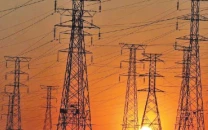

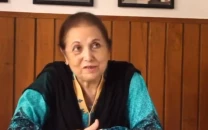
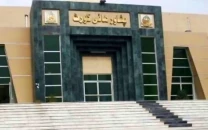
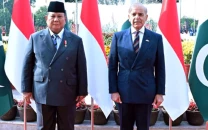













COMMENTS
Comments are moderated and generally will be posted if they are on-topic and not abusive.
For more information, please see our Comments FAQ